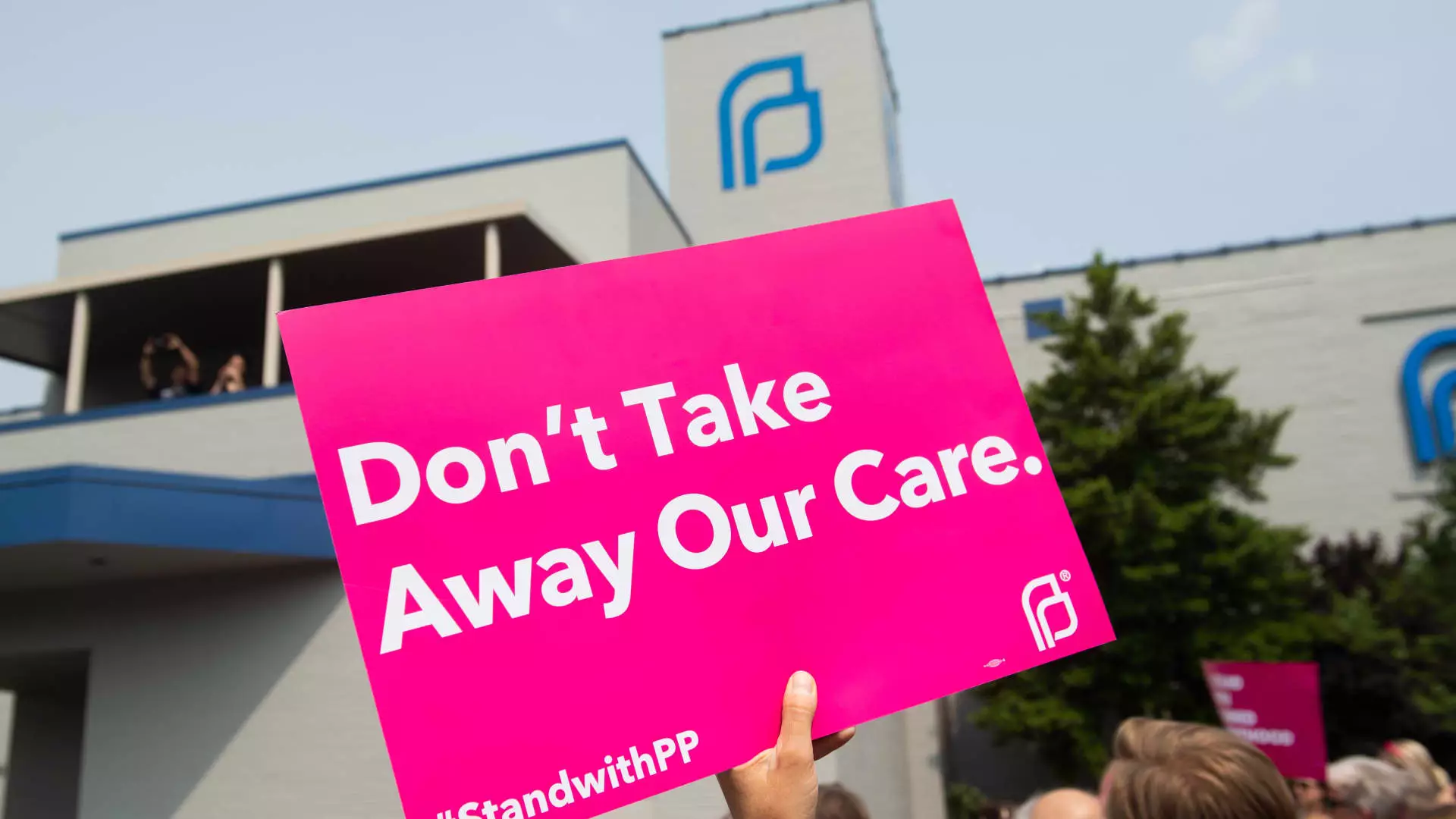According to a recent research estimate published in JAMA Internal Medicine, the implementation of abortion bans following the overruling of Roe v. Wade has resulted in more than 64,000 women and girls becoming pregnant due to rape. This staggering statistic sheds light on the devastating consequences of restrictions on reproductive rights, particularly in states with no exceptions for terminating pregnancies resulting from rape.
The research letter, led by the medical director at Planned Parenthood of Montana, examined data from 14 states and estimated that approximately 520,000 rapes were associated with 64,565 pregnancies. Shockingly, the majority of these states did not have any provisions that allowed for the termination of pregnancies resulting from rape. Among these states, Texas topped the list with around 45% of rape-related pregnancies occurring within its borders.
The research letter highlights the failure of rape exceptions in providing reasonable access to abortion for survivors. It notes that the vast majority, approximately 91%, of estimated rape-related pregnancies took place in states without exceptions for rape. This suggests that the existing legal frameworks do not adequately support survivors in making decisions about their own reproductive health.
A National Crisis
The gravity of the situation becomes even more apparent when considering that 12 states are currently enforcing almost complete bans on abortion, effectively limiting reproductive rights. Even in states like Wisconsin and North Dakota where abortion is not banned, access to abortion care has become increasingly complicated due to legal uncertainties and the relocation of abortion clinics.
Unveiling the Data
To arrive at their estimates, the researchers utilized data from reputable sources such as the Centers for Disease Control and Prevention, Bureau of Justice Statistics, and Federal Bureau of Investigation. The accuracy and reliability of their findings make it difficult to ignore the stark reality faced by survivors of rape in states with restrictive abortion laws.
The Fallout of Roe v. Wade
The overruling of Roe v. Wade by the Supreme Court in June 2022 marked a significant turning point in reproductive rights. This decision paved the way for a wave of states to enact stringent restrictions on abortion. Consequently, there has been a surge in patients traveling across state lines to access abortion care, with nearly one in five people seeking abortions opting for out-of-state services in the first half of 2023.
As this critical issue continues to unfold, it is imperative to address the need for comprehensive protection of reproductive rights. President Joe Biden has expressed his commitment to expanding reproductive rights and has advocated for the enshrinement of the protections provided by Roe v. Wade into law. This reaffirmation of support is crucial in safeguarding the autonomy and well-being of individuals facing the harrowing aftermath of rape.
The research estimate presented in JAMA Internal Medicine sheds light on the distressing impact of abortion bans on rape-related pregnancies. The findings underscore the urgent need for inclusive legislation that prioritizes the rights and choices of survivors. By recognizing the profound consequences of restricting reproductive rights, society can work towards a future where survivors have access to safe and legal abortion care without undue obstacles.

Leave a Reply